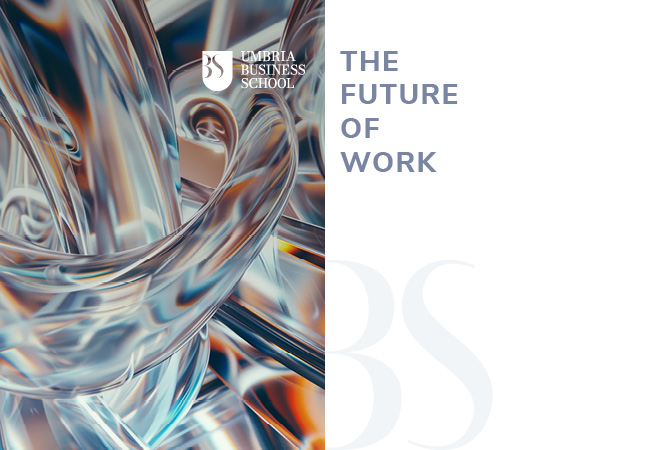
Expectations, priorities and values of Gen Z and Millennials: what’s changing in the work of the future
By 2030, Millennials and Generation Z will represent the majority of the global workforce, consolidating their role as major players in business settings.
But what are the expectations and characteristics of these new generations that companies still struggle to understand? Revealing this is a recent Deloitte report , “Gen Z and Millennial Survey,” which surveyed more than 22,800 respondents in 44 countries to delve into their attitudes toward work and their perspectives on the world around them.
It is clear from the results that these generations place a high value on “purpose” in the world of work. The majority of Gen Z (86 percent) and millennials (89 percent) believe that having a sense of responsibility is critical to job satisfaction and well-being. These generations are increasingly likely to reject assignments or employers who do not share their values. For many, purpose in work translates intobelonging to an organization that has a positive impact on society beyond profit. However, less than half of them believe that companies have a positive impact on society, showing a gap between expectations and actual business results.
Environmental sustainability is a priority for 62 percent of Gen Z and 59 percent of millennials, who said they are concerned about climate change. About 20% of both groups have already changed jobs or industries to better align with their environmental values, and another 25% plan to do so in the future. They are also willing to pay more for sustainable products and actively inquire about the environmental practices of the companies they buy from.
Work-life balance is crucial for Gen Z and millennials, who consider it one of the most important aspects in choosing an employer. Although nearly two-thirds of respondents said their employers have introduced a requirement to return to the office, younger generations prefer more flexible work models.
Another important issue is mental health at work. In fact, an interesting finding emerges from the research: even though 51 percent of Gen Z and 56 percent of millennials rate their mental health as good or extremely good, about three in 10 respondents are concerned that expressing concerns about their mental health could lead to discrimination by managers.
The report also investigates for the first time young people’s perceptions of Artificial Intelligence, and in particular Generative AI (GenAI). GenAI elicits both enthusiasm and concern: young people who use it frequently are more likely to report feeling enthusiasm (e.g., believing that GenAI will improve work-life balance), while those who use it occasionally report being concerned about automation. Positive perceptions, therefore, increase with practical experience.
In addition, many feel that their employers are not yet adequately preparing them for the changes that GenAI will bring. This is precisely why 38 percent of Gen Z and 36 percent of millennials plan to do so themselves.
